As we take time to reflect today we look at a passage from the Gospel of Matthew. “You have heard that it was said to your ancestors, Do not take a false oath, but make good to the Lord all that you vow. But I say to you, do not swear at all; not by heaven, for it is God’s throne; nor by the earth, for it is his footstool; nor by Jerusalem, for it is the city of the great King. Do not swear by your head, for you cannot make a single hair white or black. Let your ‘Yes’ mean ‘Yes,’ and your ‘No’ mean ‘No.’ Anything more is from the Evil One.” As I read this passage it made me look at both human nature and the current stage of motherhood I am in.
First I want to talk about us as humans. It is common in our society to find out what the new trends or fads are and set goals to obtain them, whether it be weight loss, or another personal or spiritual goal. Every year we set a New Year’s Resolution, and unfortunately we often do not end up sticking with that goal long term. What if instead of setting these goals, we just started saying yes more to things that would better our lives. For instance, instead of saying “I’m going to work hard to better my spiritual life this year,” say yes when a friend asks you to join their prayer group.
This passage also hits home as a mother. I feel like I am always setting goals to slow down and spend more quality time with each of my girls, or to make every moment special. I get so lost in the planning that I miss the moment. Instead I could just stop and say yes when my daughter asks to play a board game or read a book.
God knows what we need. If we take the time to be more like our Mother Mary and say yes to the moments God presents us with instead of trying to plan our own destiny, we can form a deeper relationship with God and discover His plan for us.
Al tomarnos un tiempo para reflexionar hoy, vemos un pasaje del Evangelio de Mateo: “Han oído ustedes que se dijo a los antiguos: No jurarás en falso y le cumplirás al Señor lo que le hayas prometido con juramento. Pero yo les digo: No juren de ninguna manera, ni por el cielo, que es el trono de Dios; ni por la tierra, porque es donde él pone los pies; ni por Jerusalén, que es la ciudad del gran Rey. Tampoco jures por tu cabeza, porque no puedes hacer blanco o negro uno solo de tus cabellos. Digan simplemente sí, cuando es sí; y no, cuando es no. Lo que se diga de más, viene del maligno”. Al leer este pasaje, me hizo pensar tanto en la naturaleza humana como en la etapa actual de la maternidad en la que me encuentro.
Primero quiero hablar sobre nosotros como seres humanos. Es común en nuestra sociedad descubrir cuáles son las nuevas tendencias o modas y establecer metas para alcanzarlas, ya sea bajar de peso u otra meta personal o espiritual. Cada año nos planteamos una resolución de Año Nuevo y, lastimosamente, no solemos cumplirla a largo plazo. ¿Qué pasaría si, en lugar de fijarnos en esas metas, empezáramos a decir que sí a las cosas que mejorarían nuestras vidas? Por ejemplo, en lugar de decir “voy a trabajar duro para mejorar mi vida espiritual este año”, di que sí cuando una amiga te pida que te unas a su grupo de oración.
Este pasaje también me llama la atención como madre de familia. Siento que siempre estoy poniendo metas para bajar el ritmo y pasar más tiempo de calidad con cada una de mis hijas, o para hacer que cada momento sea especial. Me pierdo tanto en la planificación que me pierdo el momento. En cambio, podría detenerme y decir que sí cuando mi hija me pida jugar un juego de mesa o leer un libro.
Dios sabe lo que necesitamos. Si nos tomamos el tiempo para ser más como nuestra Madre María y decir que sí a los momentos que Dios nos presenta en lugar de tratar de planificar nuestro propio destino, podemos formar una relación más profunda con Dios y descubrir Su plan para nosotras.
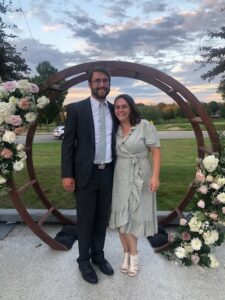 Heather Orlowski and her husband are busy parents of three little girls. The Catholic Church holds a special place in her heart and in her entire life. She attended Catholic schools from Kindergarten through college. She graduated from Aquinas College with a degree in Elementary/Special Education. Catholic Education is very important to her and she now teaches 1st and 2nd grades at St. Therese Catholic School. In her free time, she loves creating memories with her family and watching her little girls play soccer.
Heather Orlowski and her husband are busy parents of three little girls. The Catholic Church holds a special place in her heart and in her entire life. She attended Catholic schools from Kindergarten through college. She graduated from Aquinas College with a degree in Elementary/Special Education. Catholic Education is very important to her and she now teaches 1st and 2nd grades at St. Therese Catholic School. In her free time, she loves creating memories with her family and watching her little girls play soccer.
Feature Image Credit: Michèle Eckert, unsplash.com/photos/white-yes-led-signages-UrWI6z47rx0
The views and opinions expressed in the Inspiration Daily blog are solely those of the original authors and contributors. These views and opinions do not necessarily represent those of Diocesan, the Diocesan staff, or other contributors to this blog.

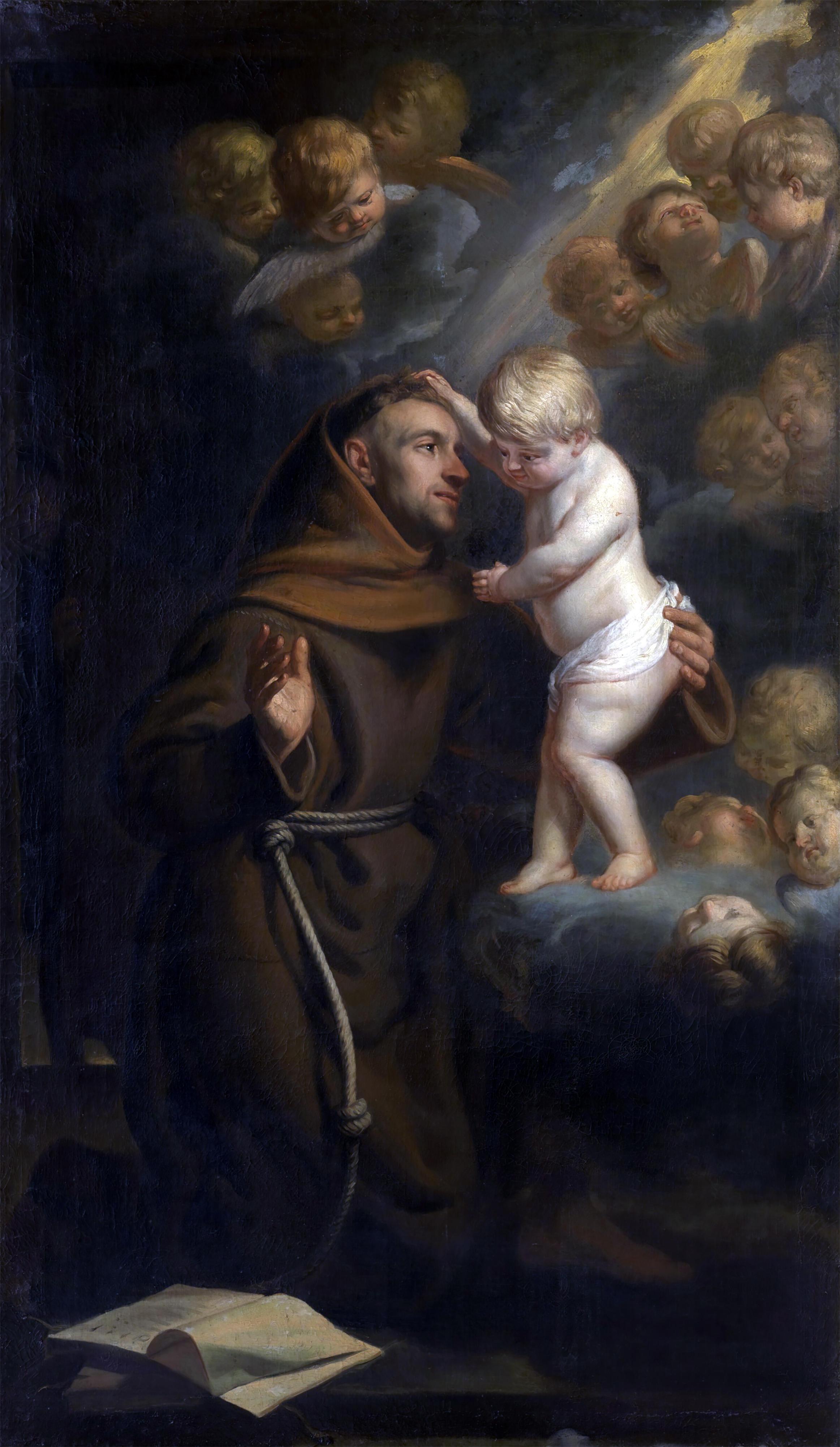

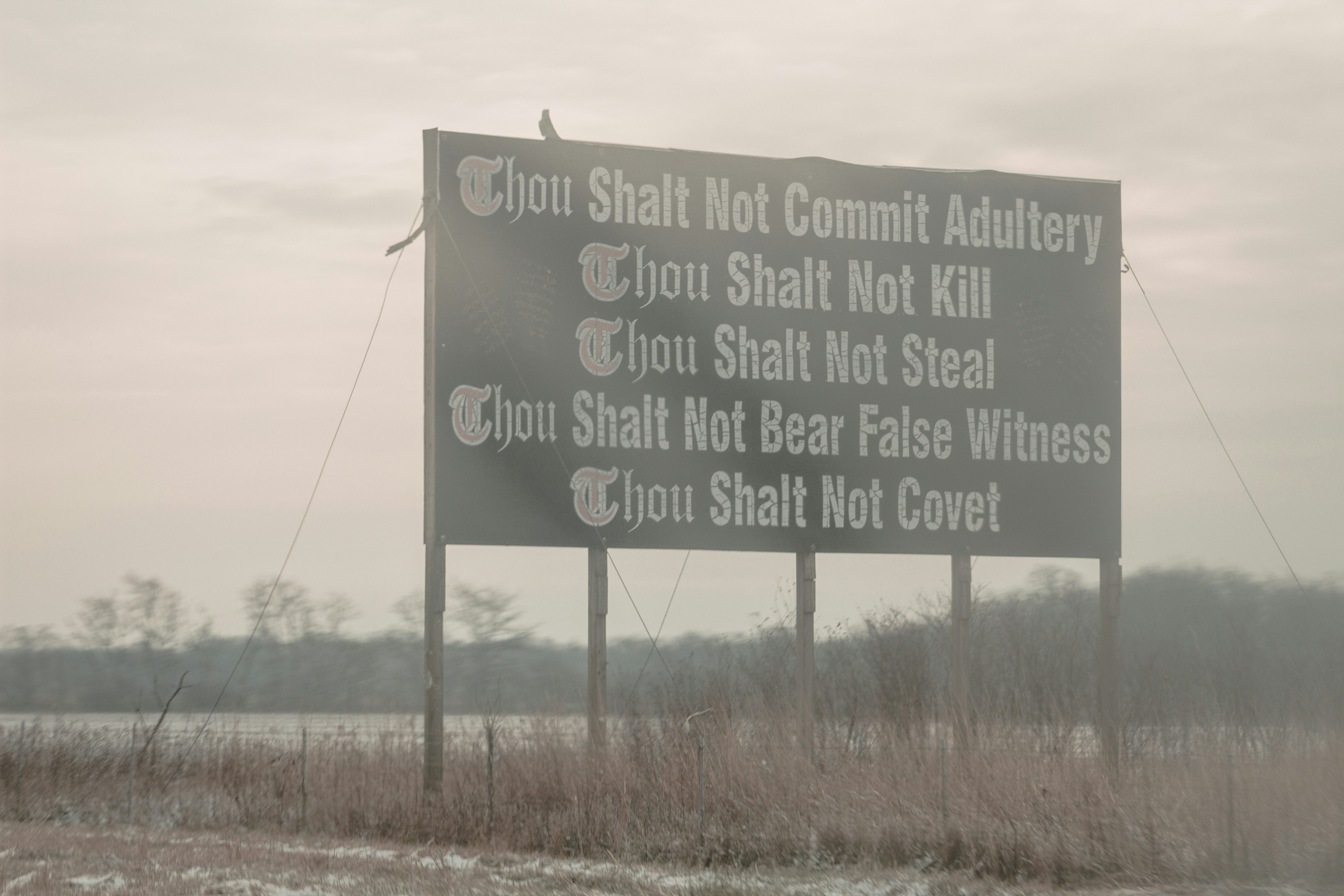
 Kathryn Mulderink, MA, is married to Robert, Station Manager for Holy Family Radio. Together they have seven children (including Father Rob), and eleven grandchildren. She is President of the local community of Secular Discalced Carmelites and has published five books and many articles. Over the last 30 years, she has worked as a teacher, headmistress, catechist, Pastoral Associate, and DRE, and as a writer and voice talent for Catholic Radio. Currently, she serves the Church by writing and speaking, and by collaborating with various parishes and to lead others to encounter Christ and engage their faith. Her website is
Kathryn Mulderink, MA, is married to Robert, Station Manager for Holy Family Radio. Together they have seven children (including Father Rob), and eleven grandchildren. She is President of the local community of Secular Discalced Carmelites and has published five books and many articles. Over the last 30 years, she has worked as a teacher, headmistress, catechist, Pastoral Associate, and DRE, and as a writer and voice talent for Catholic Radio. Currently, she serves the Church by writing and speaking, and by collaborating with various parishes and to lead others to encounter Christ and engage their faith. Her website is 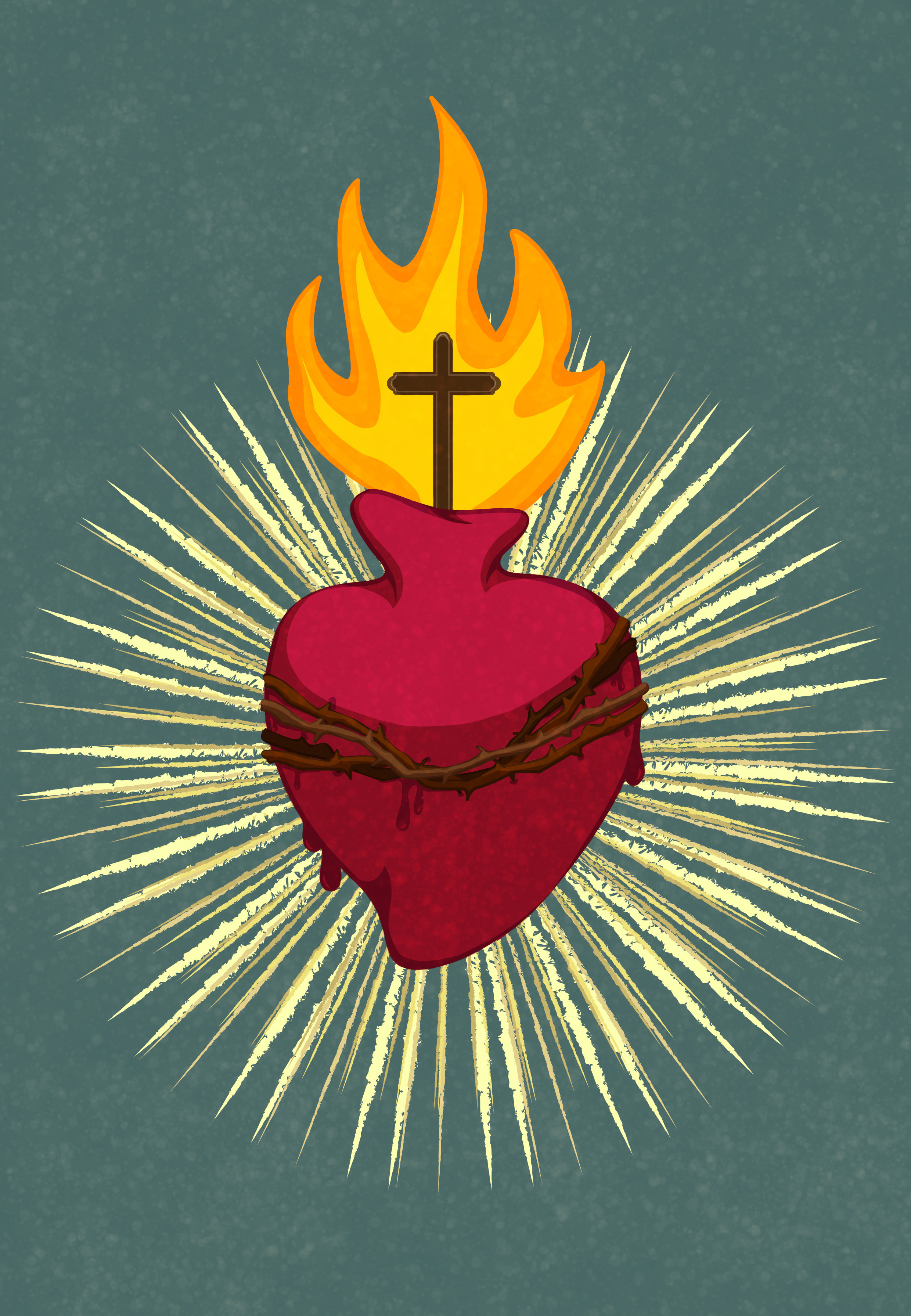
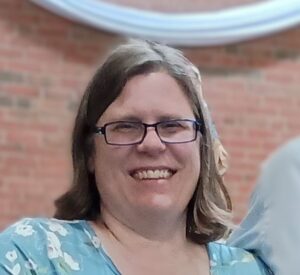 Tami Urcia is a midwestern gal from a large Catholic family. As a young adulthood she was a missionary in Mexico, where she studied theology and philosophy. After returning stateside bilingual, she gained a variety of work experience, traveled extensively and finished her Bachelor’s Degree at Brescia University. She loves organizing and simplifying things, watching her children play sports, deep conversations with close family and friends and finding unique ways to brighten others’ day with Christ’s love. She works full time at Diocesan in the Software Department and manages the Inspiration Daily reflections. She is also a contributing writer on
Tami Urcia is a midwestern gal from a large Catholic family. As a young adulthood she was a missionary in Mexico, where she studied theology and philosophy. After returning stateside bilingual, she gained a variety of work experience, traveled extensively and finished her Bachelor’s Degree at Brescia University. She loves organizing and simplifying things, watching her children play sports, deep conversations with close family and friends and finding unique ways to brighten others’ day with Christ’s love. She works full time at Diocesan in the Software Department and manages the Inspiration Daily reflections. She is also a contributing writer on 
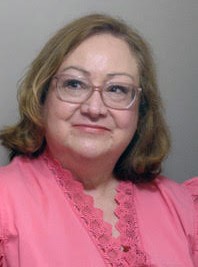 Christine Arata is a San Francisco, California native. She lives a few blocks away from the ocean and a park. She finds nature inspiring. Her cat brings her comfort. She loves being creative not only with her writing but with almost everything, including her home cooking. Her studies in the Catholic faith are ongoing. In 2019, when she discovered St. Hildegard of Bingen was underrepresented by Catholics, she found a purpose. Her latest website, St. Hildegard’s Wisdom features blog posts about all of that:
Christine Arata is a San Francisco, California native. She lives a few blocks away from the ocean and a park. She finds nature inspiring. Her cat brings her comfort. She loves being creative not only with her writing but with almost everything, including her home cooking. Her studies in the Catholic faith are ongoing. In 2019, when she discovered St. Hildegard of Bingen was underrepresented by Catholics, she found a purpose. Her latest website, St. Hildegard’s Wisdom features blog posts about all of that: 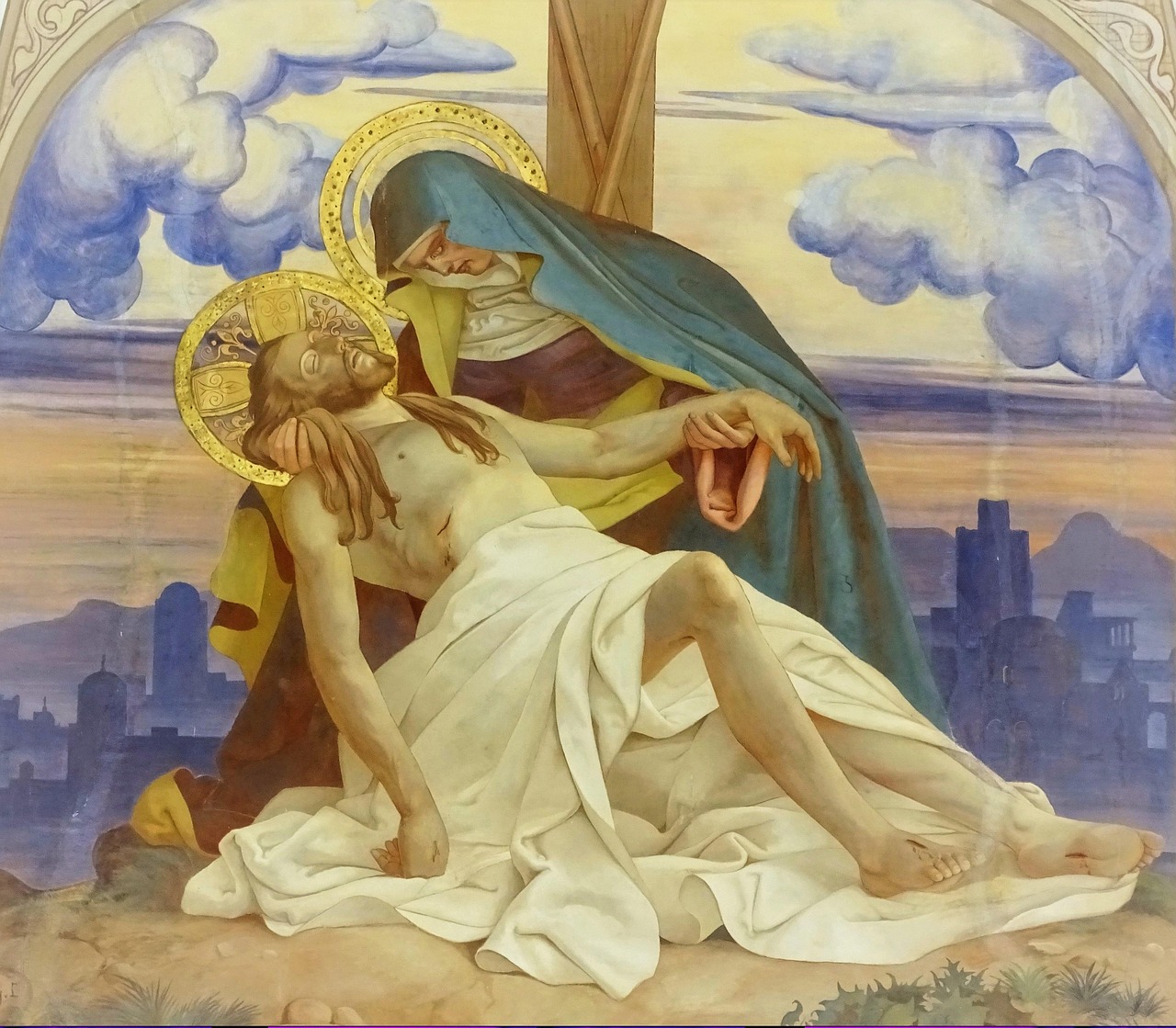

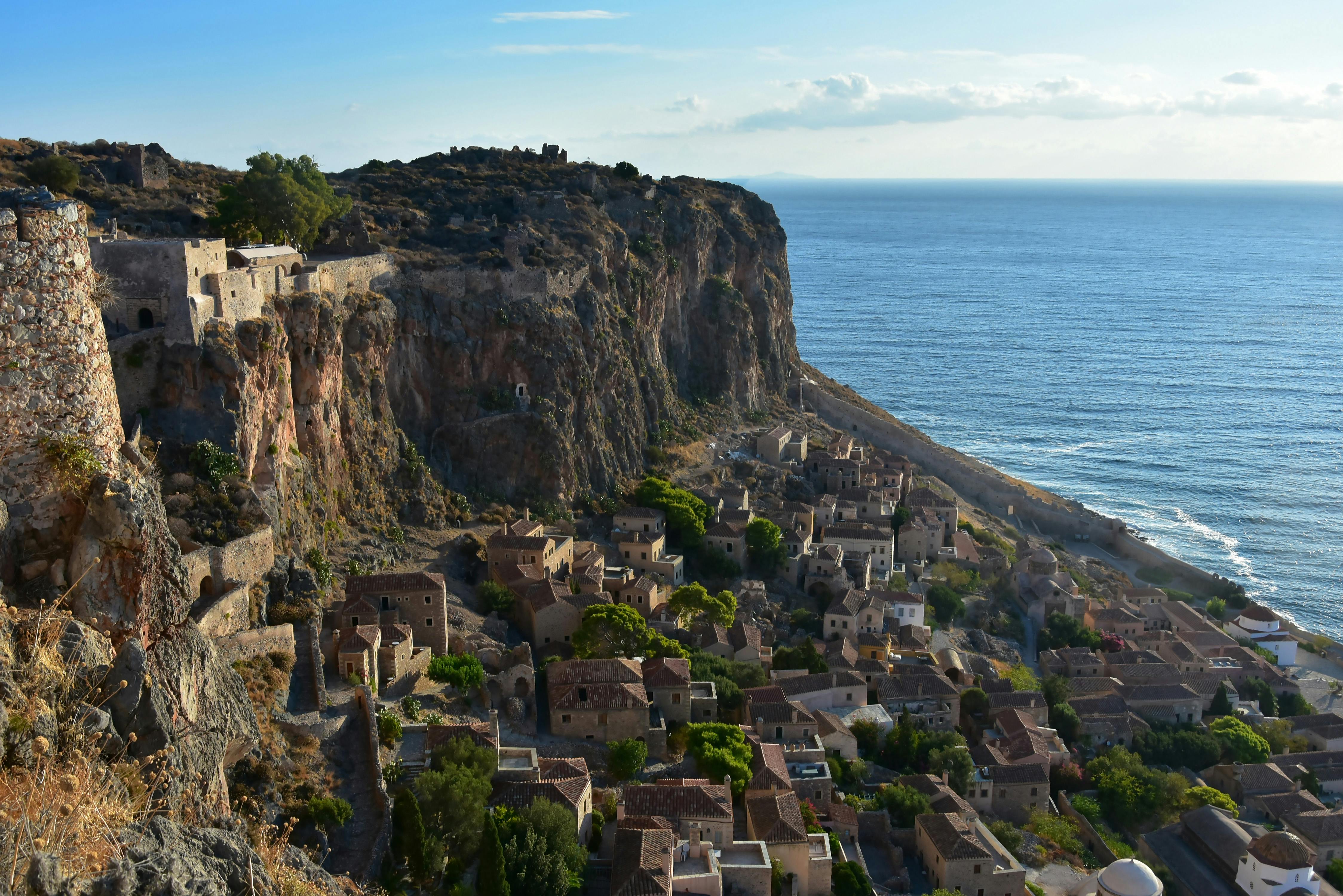
 Pamela Kavanaugh is a grateful wife, mother, and grandmother who has dedicated her professional life to Catholic education. Though she has done her very best to teach her students well in the subjects of language and religion, she knows that she has learned more than she has taught. She lives, teaches, and writes in southwest suburban Chicago.
Pamela Kavanaugh is a grateful wife, mother, and grandmother who has dedicated her professional life to Catholic education. Though she has done her very best to teach her students well in the subjects of language and religion, she knows that she has learned more than she has taught. She lives, teaches, and writes in southwest suburban Chicago.



 Kate Taliaferro is an Air Force wife and mother. She is blessed to be able to homeschool, bake bread and fold endless piles of laundry. When not planning a school day, writing a blog post or cooking pasta, Kate can be found curled up with a book or working with some kind of fiber craft. Kate blogs at
Kate Taliaferro is an Air Force wife and mother. She is blessed to be able to homeschool, bake bread and fold endless piles of laundry. When not planning a school day, writing a blog post or cooking pasta, Kate can be found curled up with a book or working with some kind of fiber craft. Kate blogs at 
 David Dashiell is a freelance author and editor in the Nashville, Tennessee area. He has three children, a degree in theology, and enjoys writing about philosophy, theology, culture, music, and comedy. You can find his personal blog, Serious Daydreams, on
David Dashiell is a freelance author and editor in the Nashville, Tennessee area. He has three children, a degree in theology, and enjoys writing about philosophy, theology, culture, music, and comedy. You can find his personal blog, Serious Daydreams, on 
